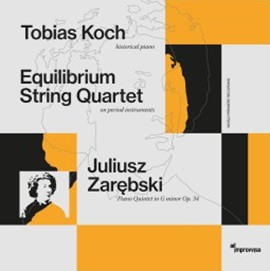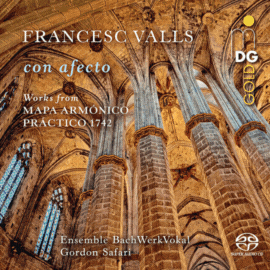Der Pianist Andrey Denisenko beginnt sein Debütalbum mit der von Brahms bearbeiteten Bach-Chaconne. Er spielt sie feinfühlig, geschmackvoll und wie improvisatorisch.
Auch in den Sieben Fantasien op. 116 hat sich Denisenko für Ruhe und Zurückhaltung entschieden, um diese intimen Seiten von Brahms zu interpretieren. Natürlich stehen den subtilen Bewegungen auch bewegte Passagen gegenüber.
Der Pianist organisiert das alles geschickt und nimmt sich Zeit, um diese Musik mit ihren nächtlichen Akzenten atmen zu lassen.
Die Kreisleriana op. 16 von Robert Schumann wird bei Denisenko nicht so kontrastreich wie bei anderen Pianisten. Er bringt sehr viel Poesie und Lyrismus in die Musik ein, und die Komposition wirkt dadurch ausgeglichen gesanglich, geschmeidig und mit viel Klangschönheit, damit eher an Kempff und Lupu erinnernd als an Argerich oder Perahia.
Der Klang der Aufnahme ist klar, ausgewogen und durchgehend sehr angenehm.
Pianist Andrey Denisenko begins his debut album with the Bach Chaconne in Brahms’ arrangement. He plays it sensitively, tastefully and as if improvising.
In the Seven Fantasies, op. 116, Denisenko has also opted for calm and restraint in order to render these intimate aspects of Brahms. Of course, the subtle playing is also juxtaposed with moving passages.
The pianist organizes all this skillfully and takes his time to let this music breathe with its nocturnal accents.
The Kreisleriana op. 16 by Robert Schumann is not as rich in contrast with Denisenko as with other pianists. He brings a great deal of poetry and lyricism to the music, and the composition comes across as balanced, supple and with a great beauty of sound, more reminiscent of Kempff and Lupu than Argerich or Perahia.
The sound of the recording is clear, balanced and very pleasant throughout.























